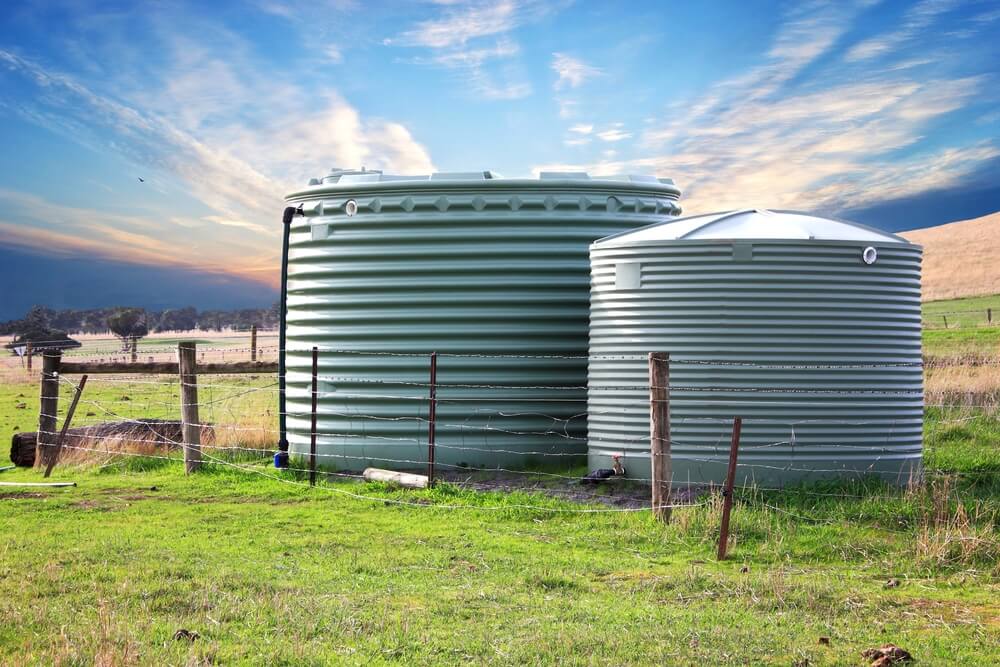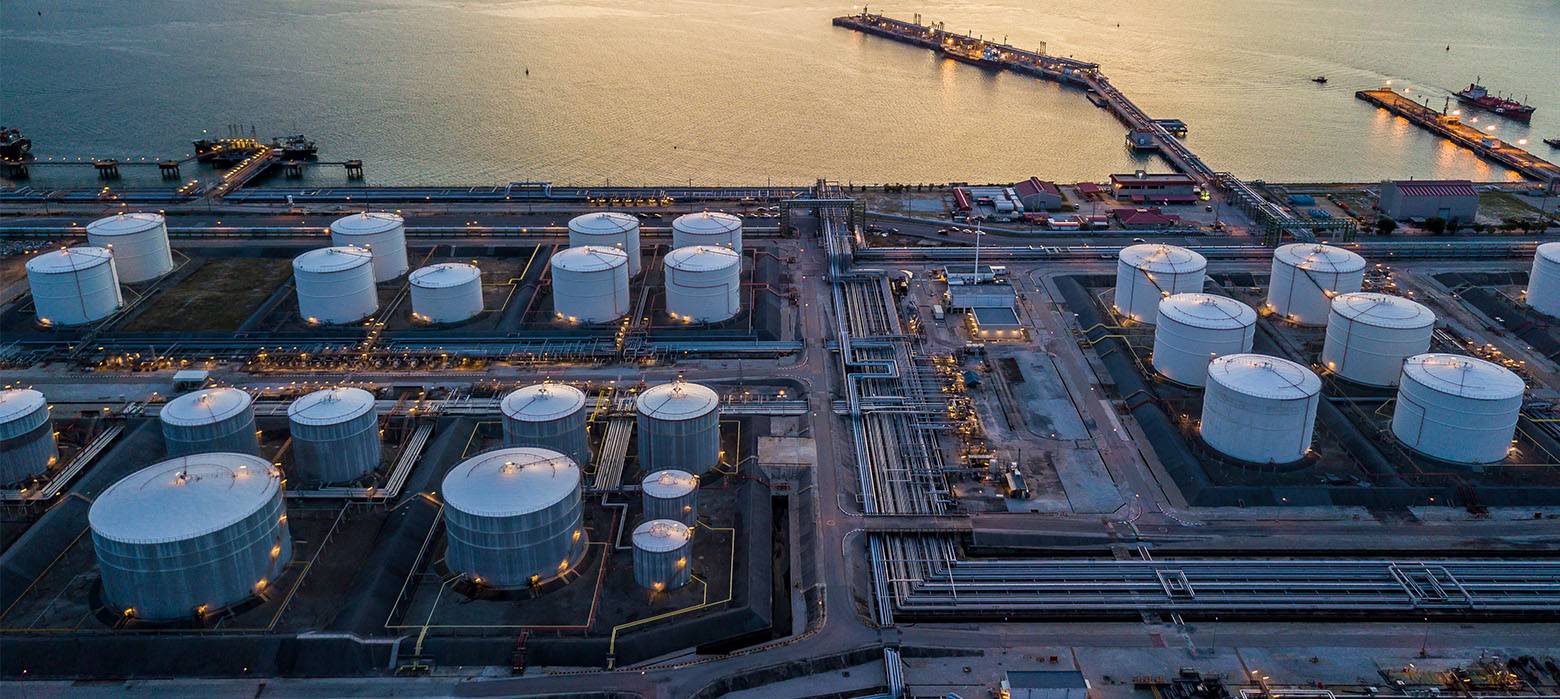
- admin
- August 17, 2020
A Short Guide on Farm Water Tanks (Updated for 2020)
A farm water tank is a type of above-ground storage tank that helps farmers store water. If you’re into farming, water is essential for your business to thrive.
The consequences of not having access to water are tragic, and so it’s necessary to know how much water is required and have a storage unit installed based on that.
In this blog, we’ve thrown light on what a farm water tank is, its benefits, and steps you should take to prevent the growth of algae on these tanks.
What is a Farm Water Tank?
According to a report published by experts, 50% of dairy farms, 98% of meat and wool production units, 70% of potato plantations and 40% of vegetable farms utilize unregulated water for their production systems.
The study further added that water is extensively used in all production units, so all farm owners need to ensure a year-long, abundant supply of water. This is exactly the problem that farm water tanks solve.
This field-erected tank helps store water and provides seamless supply whenever needed.
No matter the source, farm water tanks will help you store water so that you never run out of it, leaving production rate unaffected.
However, before installing this above-ground storage tank, you need to have an idea about the specific uses of water for your property.
This includes but is not limited to, identifying your requirement for watering livestock, irrigating crops, aquaculture, processing, weed spraying, cleaning and fire-fighting.
Advantages of Installing Farm Water Tanks
Water tanks serve a range of purposes. Here are the 3 most noteworthy benefits of installing farm water tanks –
1. Reduces Flooding – Flooding occurs when the water table can no longer accommodate water that is bearing down on it. By installing water storage tanks, you’ll be able to store the excess water in a tank and use it as and when needed.
2. Ensures Emergency Supply – Having a water storage tank installed will ensure constant water supply at your farm, even during crises, such as drought.
3. Helps in Irrigation – If there’s no supply of water, either due to lack of rain or nearby sources, the produce will either die, or the quality will be severely affected. The water stored in farm water tanks ensure 24/7 supply and helps in irrigation.
Steps to prevent algae growth in farm water tanks
Here are 3 techniques that you can apply to prevent algae growth in farm water tanks –
1. Add sulfate – Copper and zinc sulfate mixture have been regarded as an algae prevention agent for years. When used in adequate quantities, it can help prevent the growth of algae in your farm water tank.
2. Add Barley Straw – According to a study conducted by researchers in the U.K, As barley straw decomposes, it deoxygenates the water and prevents the growth of algae.
3. Add a small amount of bleach – A small amount of bleach added to water doesn’t degrade the taste but significantly prevents the growth of algae. 2 – 3 ounce of bleach per 50 gallons of water will do the job for you.
So, here was our in-depth guide on farm water tanks. Let us know in the comment section if you feel you need to know more about these tanks.
Also, let us know whether you’re already using these tanks. And if not, then share when you’re planning to install one in the near future.
- advantages of farm water tank
- installing farm water tank
Category
- Above Ground Fuel Tanks
- Above Ground Gas Storage Tank
- Above Ground Storage Tanks
- Above Ground Water Storage Tanks
- Agricultural Tanks
- Chemical storage Tanks
- Diesel Fuel Storage Tanks
- Diesel Storage Tanks
- Exernal FloatingRoof Tanks
- Farm Water Tank
- Fiberglass Oil Tanks
- Fiberglass Septic Tanks
- Fiberglass Tanks
- Fiberglass Underground Fuel Storage Tanks
- Field Erected Tanks
- Floating Roof Tank
- Food and Beverage Tanks
- Fuel tank
- Industrial Chemical Storage Tanks
- Industrial Gas Tanks
- Industrial Hot Water Storage Tanks
- industrial hot water tank
- Industrial Plastic Tanks
- Industrial Storage Tanks
- Industrial Tank heating pads
- industrial tanks
- Natural gas
- Natural gas vs Propane
- oil storage tank
- Oil Storage Tanks
- Peracitic Acid
- Petroleum Tanks
- Residential gasoline storage tanks
- Residential Water Storage Tanks
- Sodium Hydroxide Storage Requirements
- Sodium Hypochlorite Storage Tanks
- Steel Storage Tanks
- storage tank failure prevention
- Storage Tanks
- Sulfuric Acid Tanks
- Uncategorized
- UnderGround Storage Tanks
- Waste water tank
- Water Storage Tanks

 Tank Size Calculator
Tank Size Calculator






